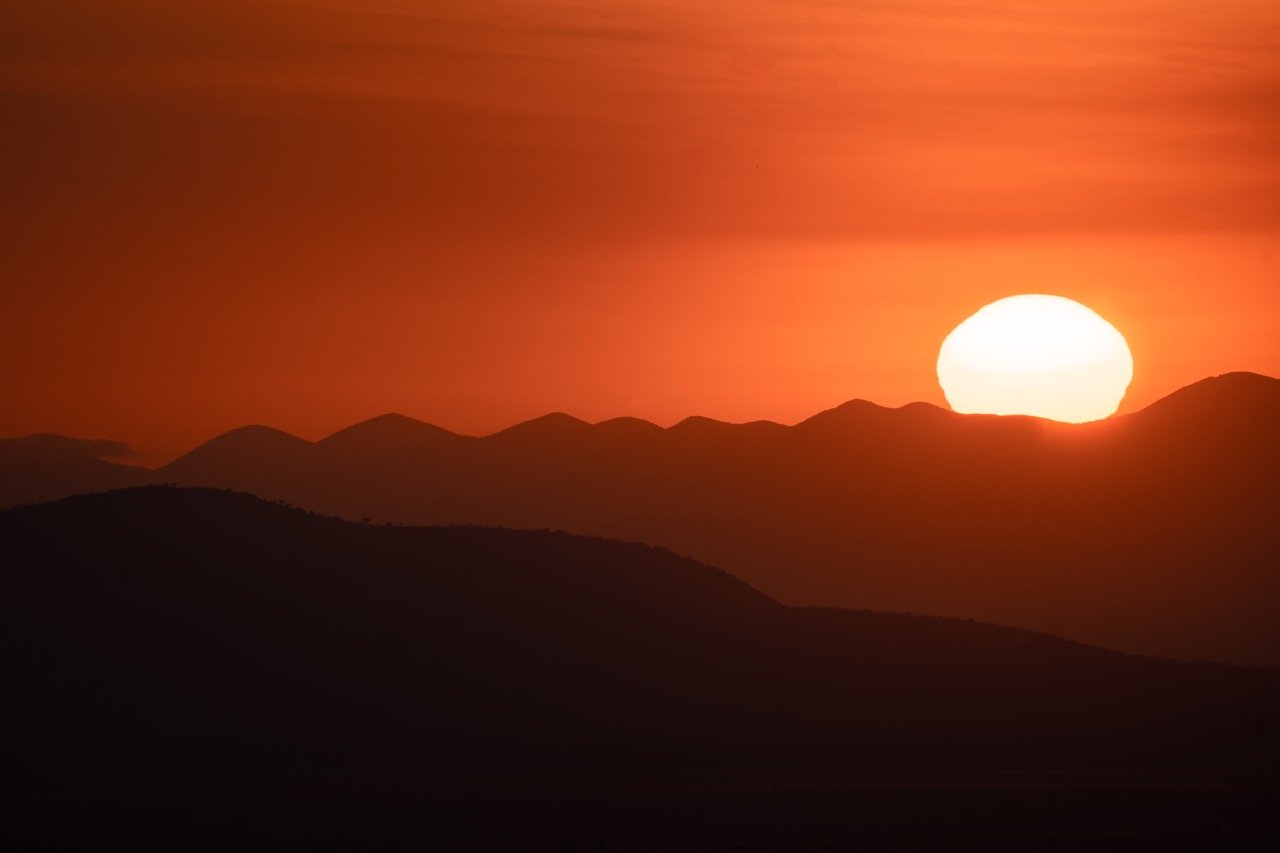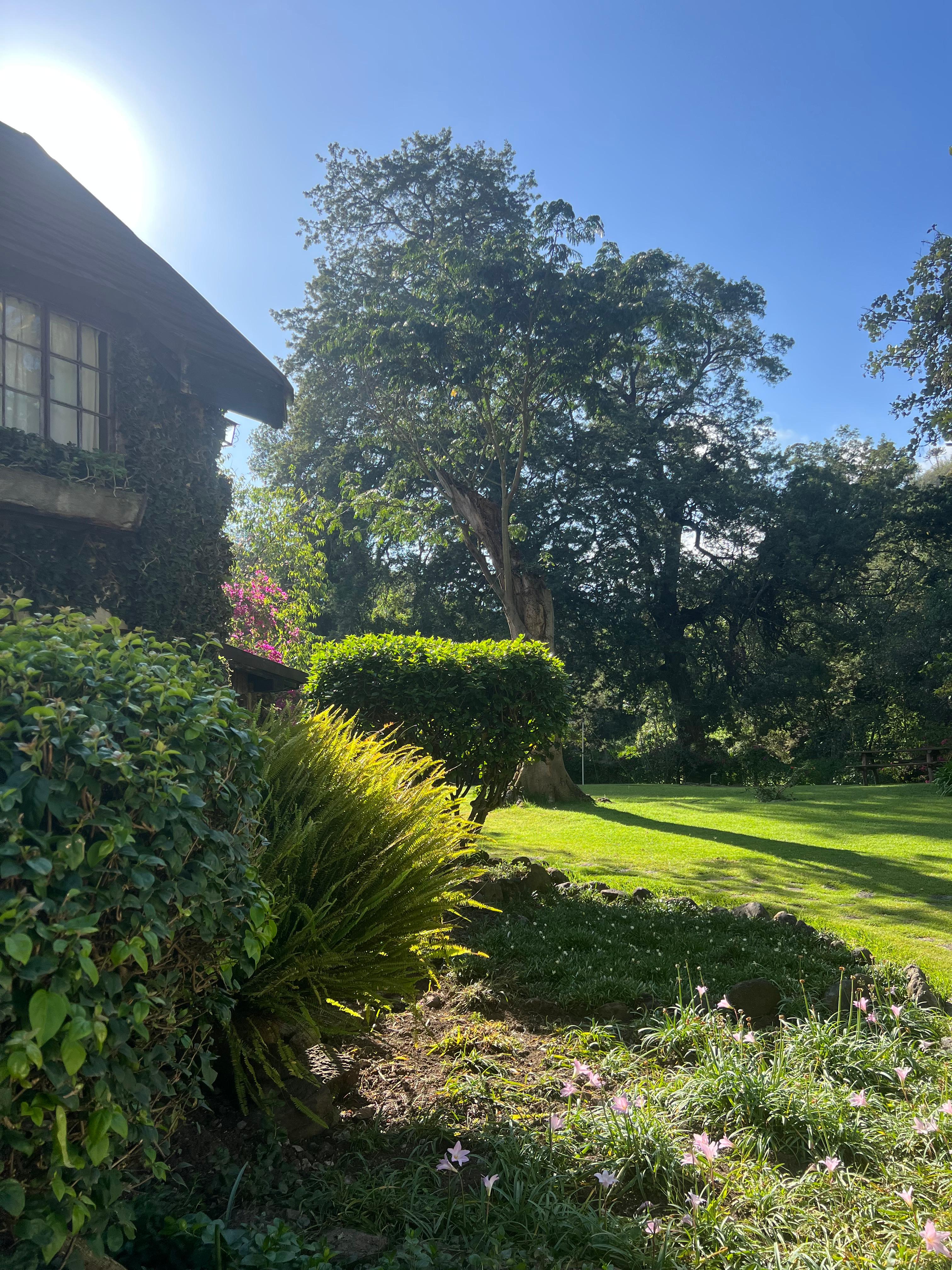INSPIRATION
7 Ways We Can All Help: World Oceans Day 2023
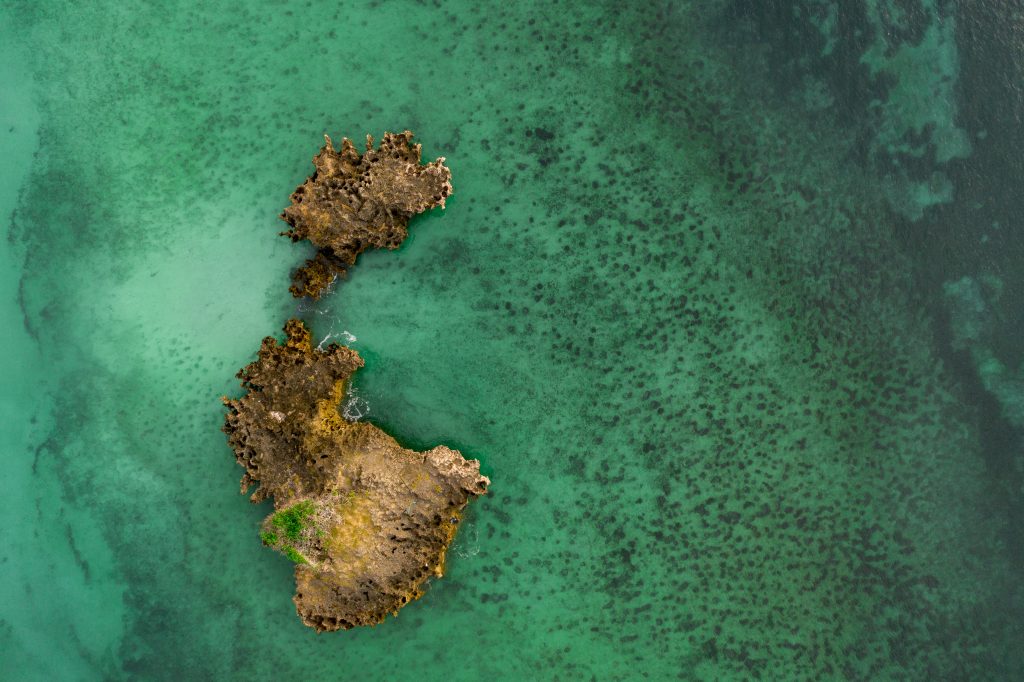
June 8th marks an International Day close to our hearts at Nomad. As sun lovers, beachgoers and supporters of marine conservation, the state of our oceans is of utmost importance. In line with this year’s theme, ‘Planet Ocean: Tides are Changing’, here are a few easy, practical (and non-condescending) ways our Nomad community can be ‘marine warriors’ themselves.
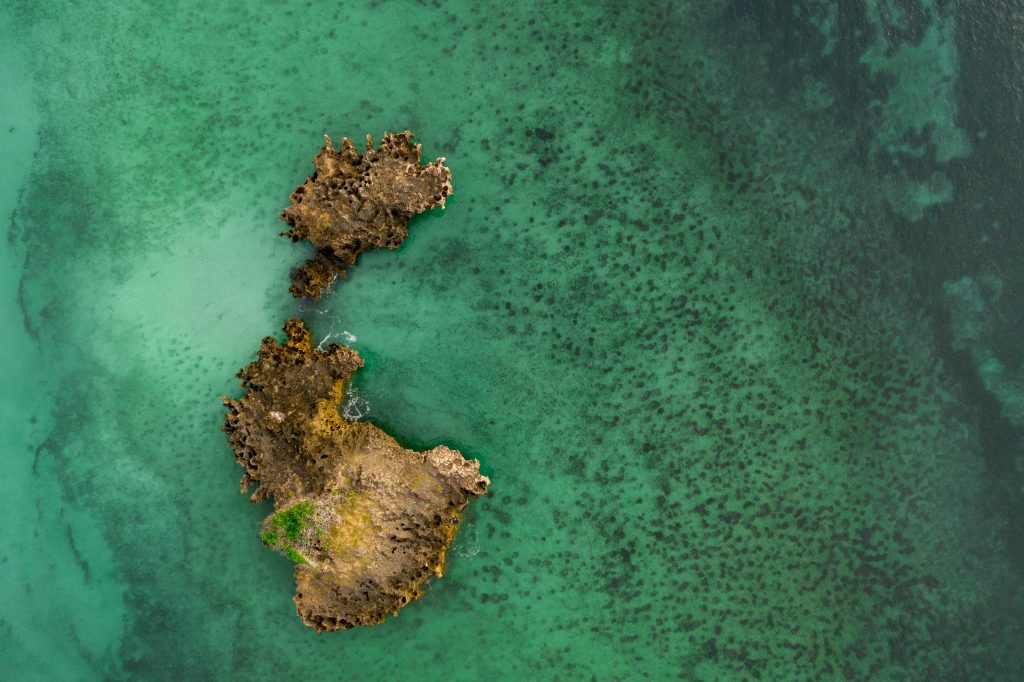
1. Get curious
“People protect what they love.” – Jacques-Yves Cousteau
Our little input into Cousteau’s quote is that we love what we know, which perhaps marks the first step when making a change: learning more. Learning more about our oceans breeds a deeper appreciation for them and the role they play in our lives both individually and collectively. The more you get to know, the more informed and well meaning your decisions become when it comes to marine life and habitats. You also occupy a much better position to spread awareness to others that is fuelled by genuine interest, passion and a desire for better.
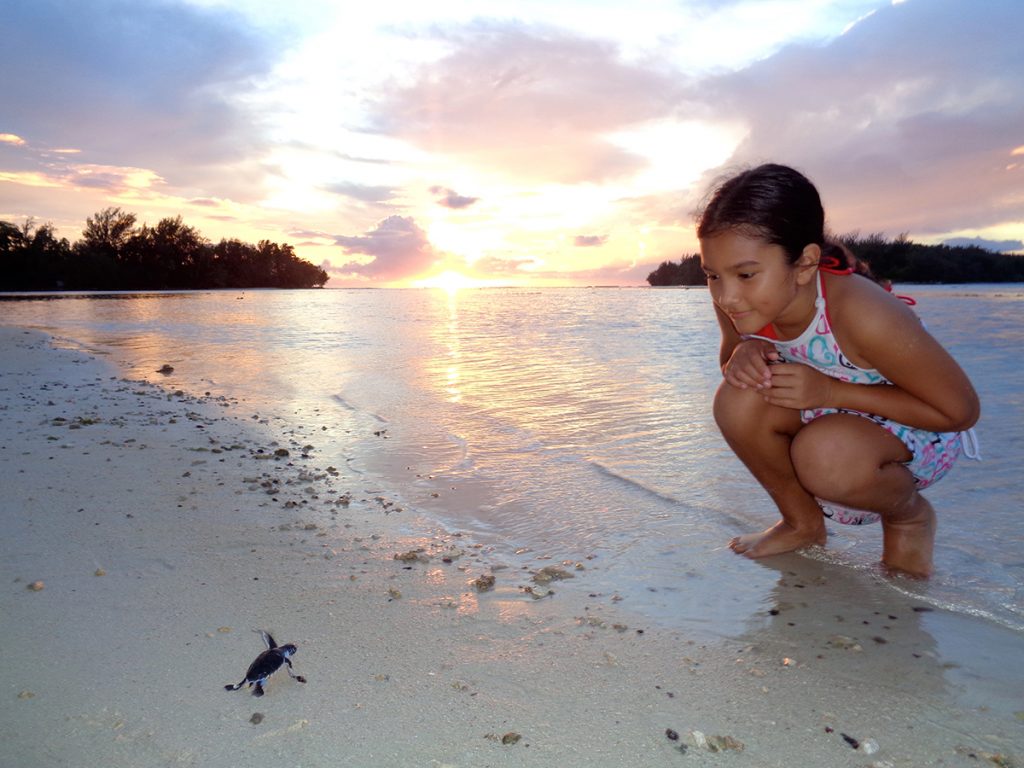
Image by Cécile Gaspar
2. Support your Local Marine Conservation Organisations
In hand with being curious about the ocean, find out more about your local marine conservation organisations too. Here in Kenya there are a number of excellent groups along the Coast that would happily welcome support in all forms.
Supporting them ranges across a variety of actions from donations, to participating in workshops and seminars, beach clean ups, coral restoration & adoption, turtle rehabilitation and tons more
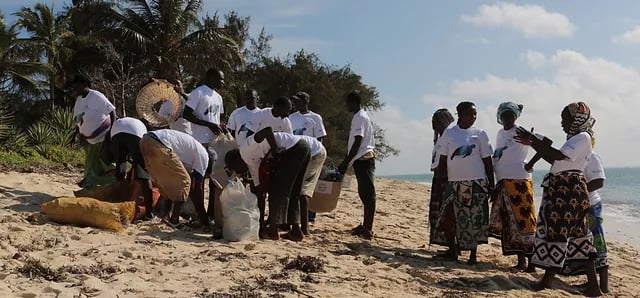
Beach Clean Up by Oceans Alive
Some of the ones to look out for are:
- Watamu Turtle Watch
- Watamu Marine Association
- Kenya Marine Mammal Network
- Coastal and Marine Resource Development
- A Rocha Kenya
- Kuruwitu Conservation & Welfare Association
- Lamu Marine Conservation Trust
3. Be mindful of your sunscreen on your next beach holiday
Sunscreen is a must whenever you’re hitting the beach. Something to be particularly mindful about during your next holiday is the ingredients in your favourite sun care products. Sunscreen pollution is real and oxybenzone, which is fairly common in many sun protectants, has been linked to coral bleaching, reef deformity and even coral death. The destruction of coral reefs has a great impact on marine life and you can help lessen this damage by using sunscreen free of oxybenzone and other harsh chemicals that reduce water quality.
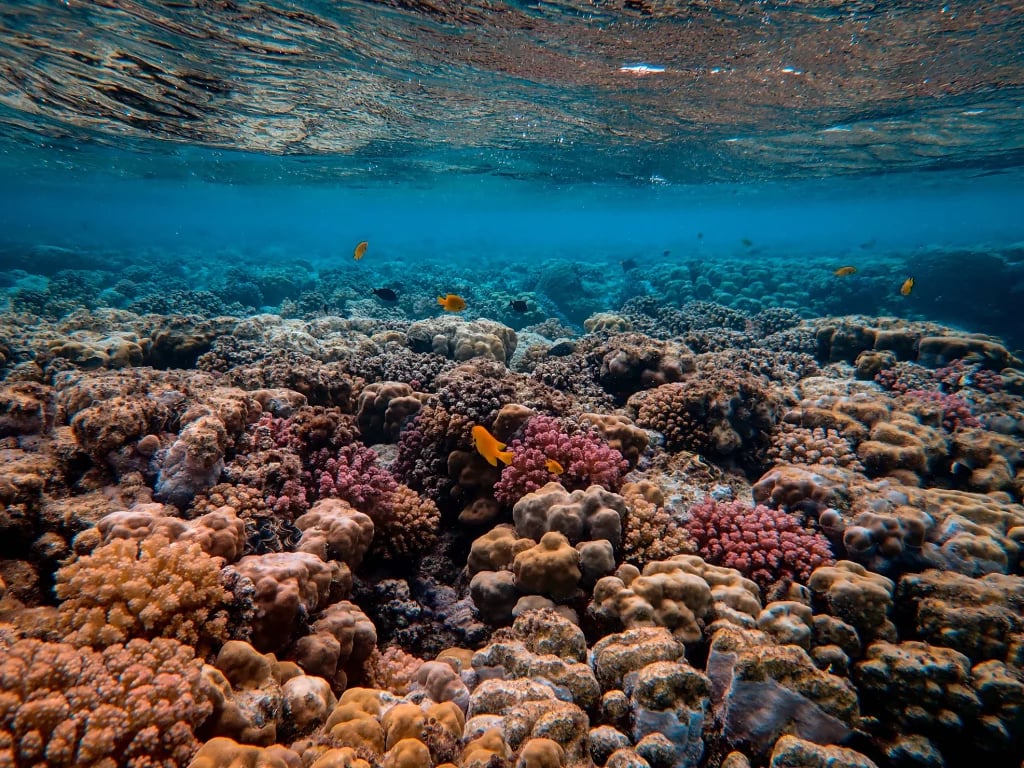
4. Respect Marine Habitats and Wildlife
Marine life and habitats deserve just as much respect and care as we pay to our fellow humans. We can do this by picking up after ourselves once we leave the beach, avoid picking up and carelessly handling sea animals like starfish, opting out of products that exploit marine life, educating ourselves about species found in your area and many more!
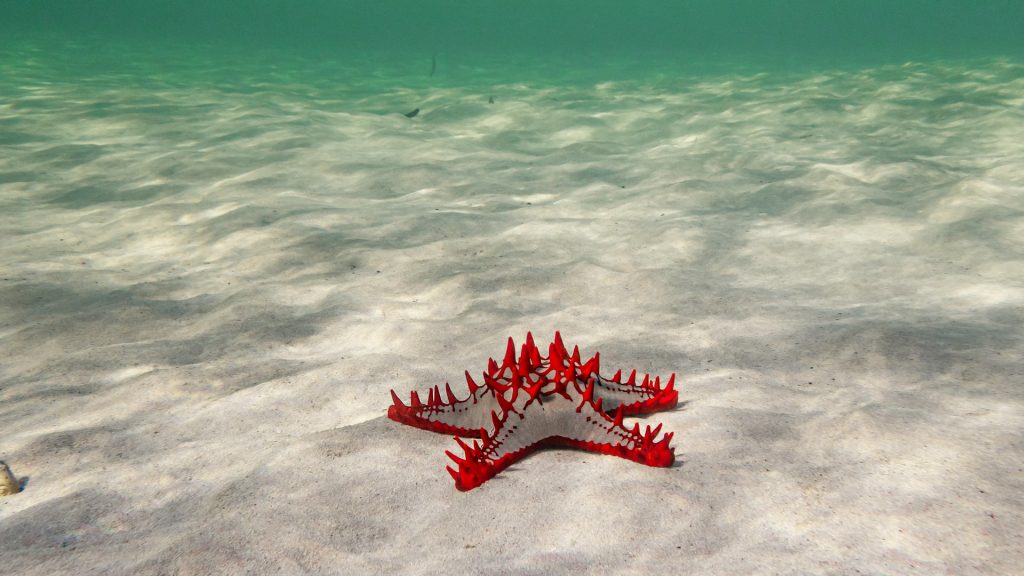
5. Travel the Ocean Sustainably
Opt for a dhow ride the next time you’re down at the Coast. Not only are they a gorgeous remnant of history and a great sundowner spot, they also reduce your carbon footprint. This goes a long way towards protecting the ocean and marine life (And you also get some stunning pictures as well!)
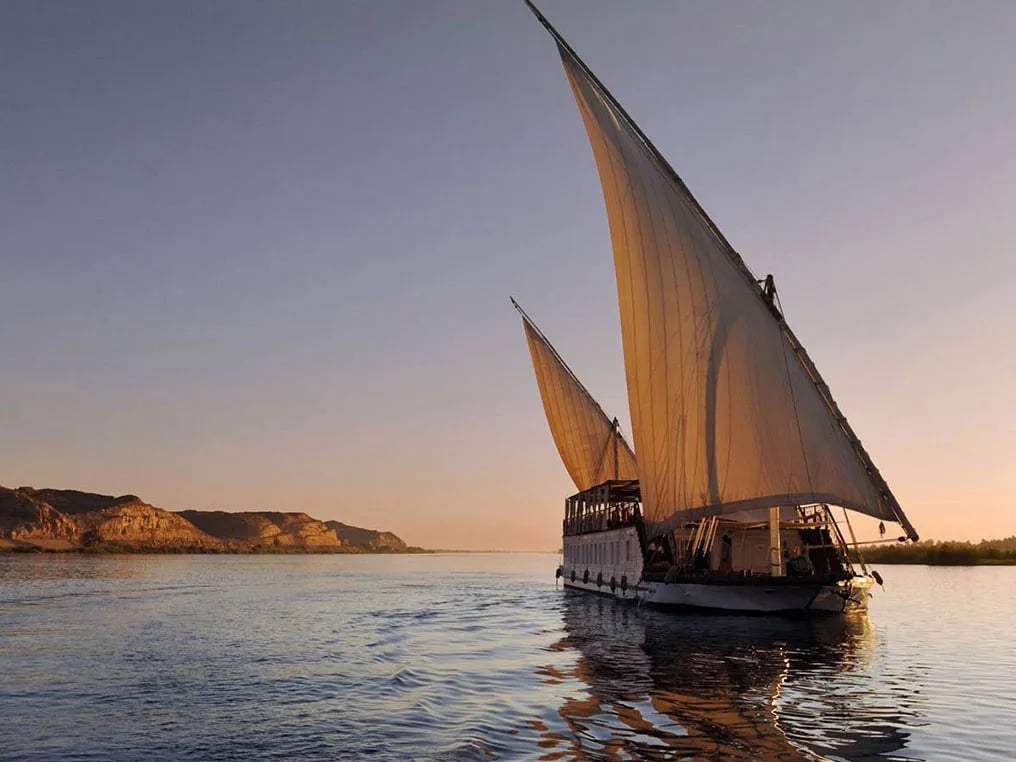
Tusitiri Dhow
6. Reduce, Re-use, Recycle (and sometimes…refuse)
Born in the 1970s, this classic environmental protection guideline still stands to date. Being intentional about plastic waste and the way we handle it does a lot of good for the ocean. In making changes to the way we approach and use plastics in our own lives, we create a ripple effect that extends to our communities and larger organisations in the long run.
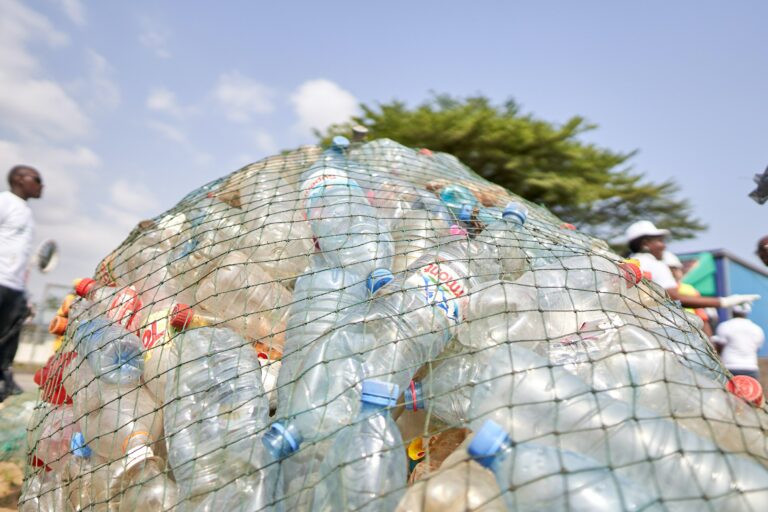
7. Spread the Word
Last but not least is your voice. We have more power than we think when it comes to influencing change as individuals. And so we encourage all of our Nomads to take a step this World Ocean Day to learn more about our beautiful oceans and spread awareness about the issues affecting them.
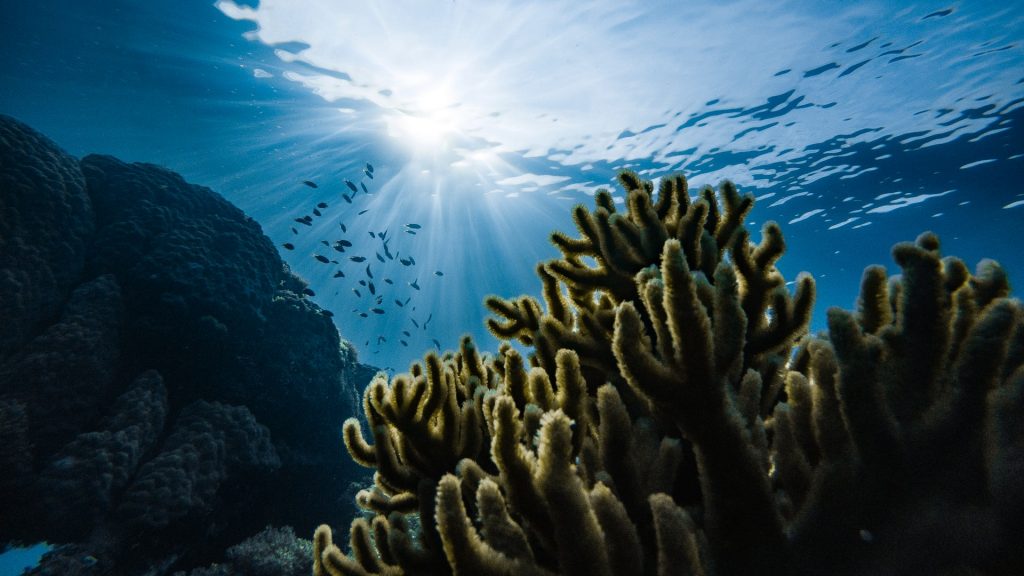
Happy World Ocean Day!
Looking for accommodation for the upcoming Safari Rally? Get in touch!
Our Top Experiences
SEEN SOMETHING YOU LIKE?
Enquire now and our team will create a custom itinerary tailored to your preferences.

CONTACT
enquiries@nomad.africa
Tel: +254 708 238 738
Purple Nomad Ltd
PO Box 69671 - 00400
Mwanzi Avenue, Nairobi, Kenya

